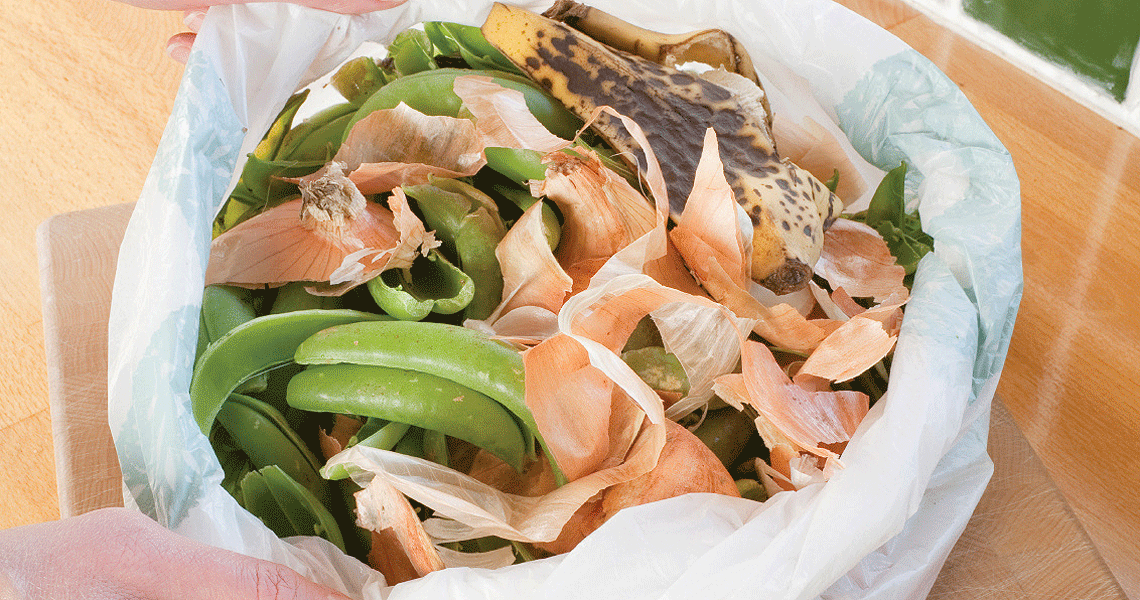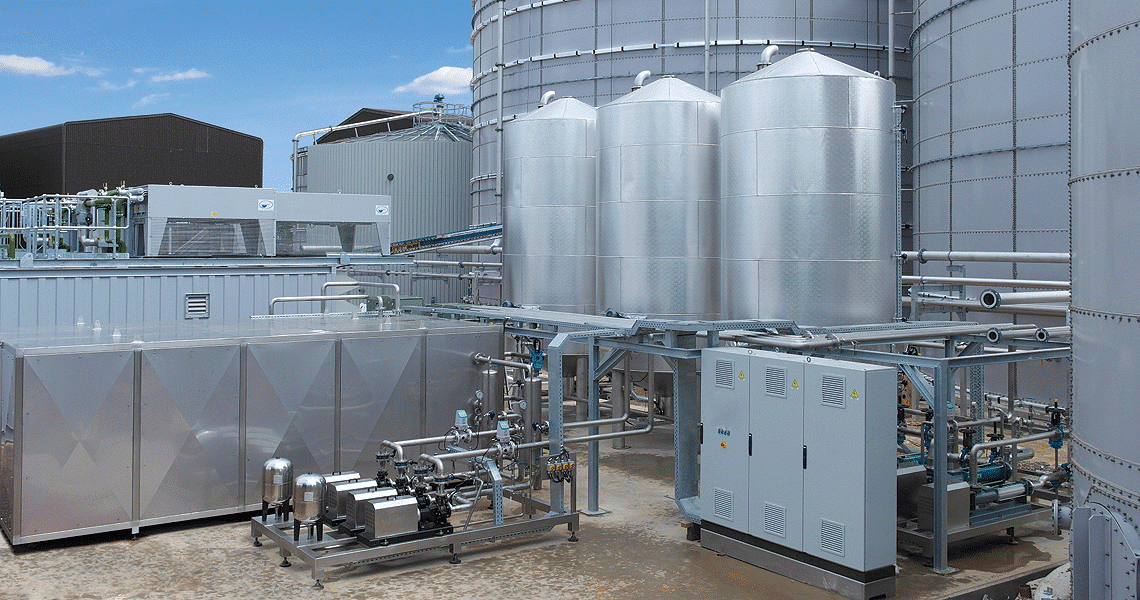Will Conservatives Ban Landfilling Food Waste?

While the ‘circular economy’ was once a buzzword, it is now an accepted phrase and end goal, yet putting it into practice is not quite so easy to do. While a true circular economy in energy usage goes against the laws of physics, getting the most out of energy resources is an area in which more circular economy ‘thinking’ is certainly needed.
Matt Hale, International Sales Manager, HRS Heat Exchangers explains how using heat exchangers in AD processes can save energy, money and the environment.
In the run up to the general election there was much talk about a ban on landfilling food waste. Post election, London’s Mayor Boris Johnson has said more work needs to be done to boost food waste recycling in the capital. Johnson also said that the new Conservative government would put an end to the “crazy” amounts of food waste landfilled every year. But we have yet to hear what the Secretary of State for the Environment Liz Truss has to say on the subject.
The Conservative’s manifesto did this time around drop the focus on weekly waste collections. And champion of weekly waste collection, Communities Secretary Eric Pickles, has been moved on to pastures new. Many felt within the waste industry that his obsession with frequency of collection drew focus away from other pressing issues – whether food waste collections will fill that void we will have to wait and see.
However, we knew that whoever won the election it was really only a matter of time before a ban on landfilling food waste was implemented if we are ever going to meet the 50% household recycling rate by 2020. In which case, we are going to need to look at how we build the infrastructure to collect this waste as well as the AD facilities processing it. And with energy prices unlikely to move in any other direction but upwards, whatever system we use to pasteurise it needs to be energy efficient.
Heat exchanger systems have a strong track record on the energy efficiency front. Customers often opt for our heat exchanger systems because of the operational energy savings such plant offer. Heat exchanger AD systems can use at least half – and in some cases up to 70% – less heat energy by recycling heat energy twice.
We have installed hundreds of pasteurisation plants around the world. They are well tested and used extensively in food, pharmaceutical, chemical, energy to water applications and we are now starting to supply a number of European AD clients.

Using a 3 Tank system offers a number of benefits in that the system of heating, holding to the PAS110 temperature, and then cooling can occur in a continual process. However, HRS has added four level temperature probes– three in the bottom of each tank and one in the top – giving the unusual advantage of allowing the tanks to be filled to half capacities. So if demand or flow drops off the four probes allow for continuous and flexible production of digestate.
While HRS takes a modular approach to building plant, manufacturing and part assembling units off site, which massively speeds up delivery, a ban on landfilling food waste is going to require huge changes across the industry. We need to start thinking now about what approach we are going to take when the inevitable happens.